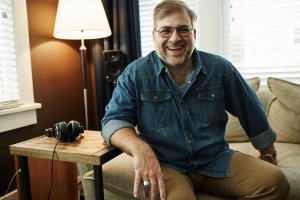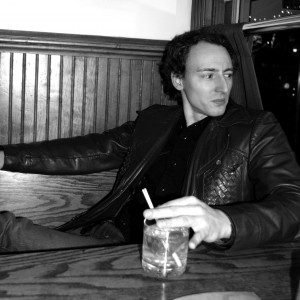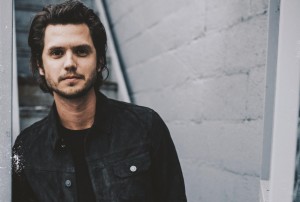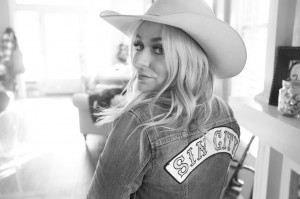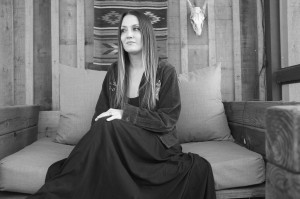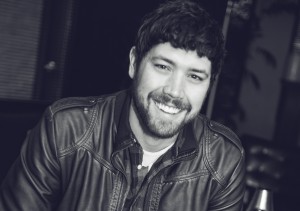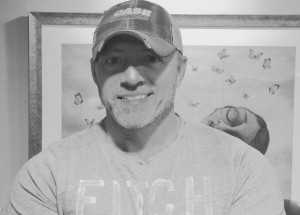Songwriting Session is a column that goes behind-the-scenes with artists and songwriters. Each Sunday, a new songwriter will share their journey and provide lessons they’ve learned along the way. This week, Wendy Sweetlove shares what she has learned as a songwriter.
California-based singer/songwriter Wendy Sweetlove grew up in the church and vividly recalls always having music around her home as a child. An avid reader, she was enamored with stories and did a lot of journaling and wrote poetry as she grew older. It wasn’t until after college, though, that she decided to place her poems to music after being prompted by a friend.
“There is something about music and good writing that moves you on a different level,” she says.
After college she began attending poetry readings. Transitioning through the aftermath of college is often difficult and she found herself often writing about her feelings. Soon after, she met a guitarist who she began co-writing with and realized that songwriting was something that she could do for a living. Now, Sweetlove is readying the release of her debut record. Ahead of her forthcoming album preview show on May 12 at Molly Malone’s in Los Angeles, we chatted with the singer about her songwriting process and music.
The lead single on the project is a sultry track called “Delilah” that tells the tale of temptation. When Sweetlove sits down to write she normally starts with lyrics and an idea of what she wants to say. This time around, however, her co-writers started the song by jamming on guitar. She took the music home and sat with it for a few weeks trying to figure out what the song was trying to say.
“I think because of my background in the church I’m fascinated by the concept of temptation, which is kind of who Delilah is — this symbol of temptation and yet, to think about the actual story from her perspective. That notion as a woman, I think temptation can be delicious. And, something that you can enjoy and savor and yet some things are better to save the temptation than to give into,” she explains.
Sweetlove said it was the guitar lick that first started the song and she began to ask herself what does temptation mean? What does it look like? And where’s the line? She said she was hoping to capture the back and forth of how life can be so joyful in one moment and painful in the next.
The intriguing rhythms and backing vocalists help to get the story across within the song and she says it is often the musicians that help her take the song to another place in the studio.
“I’m not a great instrumental player and I’ve just found that when I collaborate with people who really know their instrument, they just take the song to a better place for me,” she explains. “I’ve come to the place where I actually love the collaboration because it’s fun and I’ve had the good fortune to work with kind and talented and lovely people. But also, I feel like it makes the songs better. I feel like it just sharpens [them].”
Sweetlove wrote all the lyrics on her forthcoming project herself and says one piece of advice she has taken to heart on songwriting comes from a friend who told her not to be precious about her songs and to just write the song and let it be.
“I really think about that because what am I afraid of, really? Maybe, if I write a song that isn’t the best song in the world? I’m going to survive. I’m going to be okay. Now that I trust myself more and I trust my co-writers more it’s so much more fun for me,” she admits.
Sweetlove promises a personal release and says she makes a point to also incorporate playfulness into her writing. Her hope is that people who attend her live show will walk away feeling different experiences and emotions, but most importantly feel connected.
“Every single one of those songs has a story. A very personal story in some [situations]. I want them to come and feel like they’ve connected with something real, that I am really trying to share something of my experiences with the world [and] that it can get better. That you can find joy in places where you didn’t think you could and that we’re all so much more connected than we sometimes feel.”
For those in California, be sure to catch Wendy’s preview release show on May 12 at Molly Malone’s in Los Angeles. To hear a preview of her forthcoming album, visit her website.

